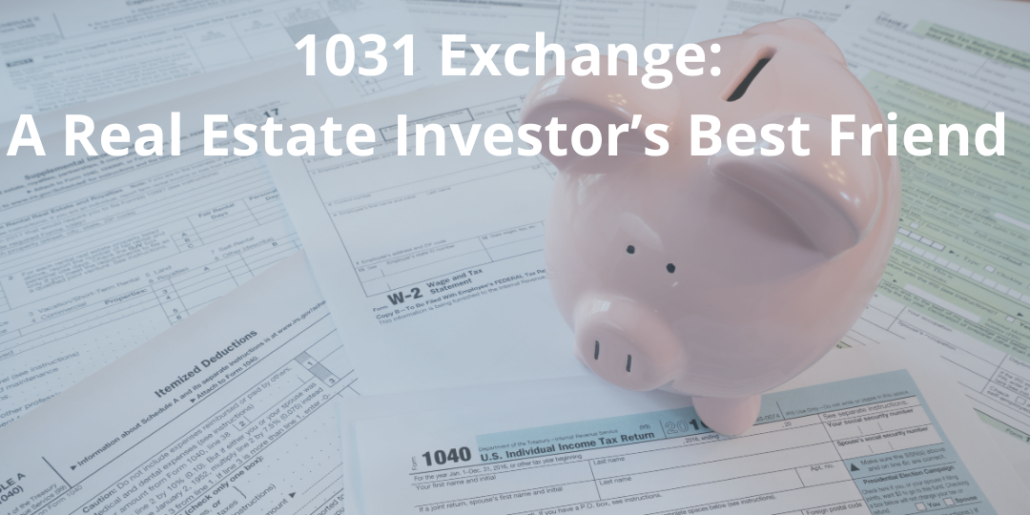Posts
Illinois Land Trusts
/in Chicago Real Estate, Chicago Real Estate Attorney, Chicago Real Estate Investor, Land Trust, Real Estate Attorney, Real Estate Buying, Real Estate Investment, Real Estate Investor, Real Estate Market, Real Estate Marketing, Real Estate Selling /by manager1031 Exchange: A Real Estate Investor’s Best Friend
/2 Comments/in 1031 Exchange, Chicago Real Estate, Chicago Real Estate Attorney, Chicago Real Estate Investor, Condo for Sale, Real Estate Attorney, Real Estate Buying, Real Estate Investment, Real Estate Investor, Real Estate Market, Real Estate Marketing, Real Estate Selling /by managerIt is very likely that you have heard before that real estate creates millionaires. Well-known billionaire, Andrew Carnegie, known for the expansion of the American steel industry, famously said that 90% of millionaires became wealthy through real estate. But is it really that easy?
Did you know that you can pay little to no tax on capital gains at the time of buying and selling real estate? Well, that is, if you meet the requirements of a 1031 exchange. I can bet you were never taught this in school! Let’s dive into it.
What is a 1031 Exchange?
A 1031 exchange (named after Section 1031 of the Internal Revenue Code) in basic terms is the swap of one investment property for another. It sounds easier than it really is, so let’s put it in technical terms. A 1031 exchange allows an investor to limit or avoid paying capital gains taxes when selling an investment property and buying a new one with equal or greater value at the time of the exchange.
The most common 1031 tax form used is the Like-Kind Exchange. This means the new property must be somewhat like the property being replaced. The new property must be alike in the same nature, character or class as stated by the IRS. When an exchange is complete, the parties will file Form 8824 to the IRS along with their federal income tax return.
This doesn’t mean that you can qualify for a 1031 exchange and delay paying your capital gains taxes as long as you want. There are restrictions.
Restrictions
So now you have all of these untaxable capital gains and you can go buy yourself a new sports car with that money, right? No. Taking control of any and all of the cash before the exchange is complete will absolutely disqualify you from the exchange itself. All capital gains from the property will immediately be taxable.
This is where a qualified intermediary comes in. A qualified intermediary is a person or company that agrees to facilitate the exchange and holds all of the funds involved until the exchange is fulfilled. This person or company cannot have any relationship to the parties involved.
This step in the process is only necessary though if going through a delayed 1031 exchange. However, this is the majority of exchanges. Unless you are able to find someone with the property you want and they want the property you have, which is very uncommon, it will most likely be a “delayed” exchange. There are two important timing rules to understand when going through a delayed exchange:
45-Day Rule
The IRS states that within 45 days of the sale of your property, you must designate your replacement property. This has to be put into writing and signed off by you, then given to the intermediary. You can designate three properties as long as you choose to close on one of them as the final property.
180-Day Rule
This is all about the end goal. Within 180 days of selling your property, you must close on the new one. The property you close on must have been one of the properties designated in that first 45 days of selling your property.
The Good, The Bad, and The Ugly
So maybe you’re ready to get rid of a property and invest in a new one. Great, now you understand what a 1031 Exchange is. Remember that this can be an amazing tool when looking to upgrade properties and increase your equity.
It is important to understand everything about this exchange. Know what you are getting into before you do. For example, you have to consider mortgage loans or debt on the new and old property, so you are not stuck with money you owe as your liabilities increase.
Also make sure that you are not doing this exchange alone, and that you have experienced parties involved (example: Real Estate Broker, Qualified Intermediary, Real Estate Attorney, Accountant). Calculate your financials beforehand and meet with an accountant to fully understand where your money will be coming in and going out.
Although it seems like a lot of steps, any real estate investor will tell you the reason they invest in real estate is the tax advantages that are available. So, don’t be scared off by the research and paperwork involved, and embrace the transition into that next phase of increasing your equity and net worth.
Whether you need more information regarding a 1031 exchange or you are a seasoned investor looking to complete a 1031 exchange, Contact Tannehill Law if you are seeking professional legal guidance to assistance you in your next transaction
Author: Sean Tannehill; Co-Author: Melissa Tannehill
Quick Links
Our Office Hours
Mo-Fr: 8:00-19:00
Sa: 8:00-14:00
So: closed
Contact Us
- Address:
17 E. Monroe St., Suite 230
Chicago, IL 60603 - Tel:
- Fax:
- Email:

